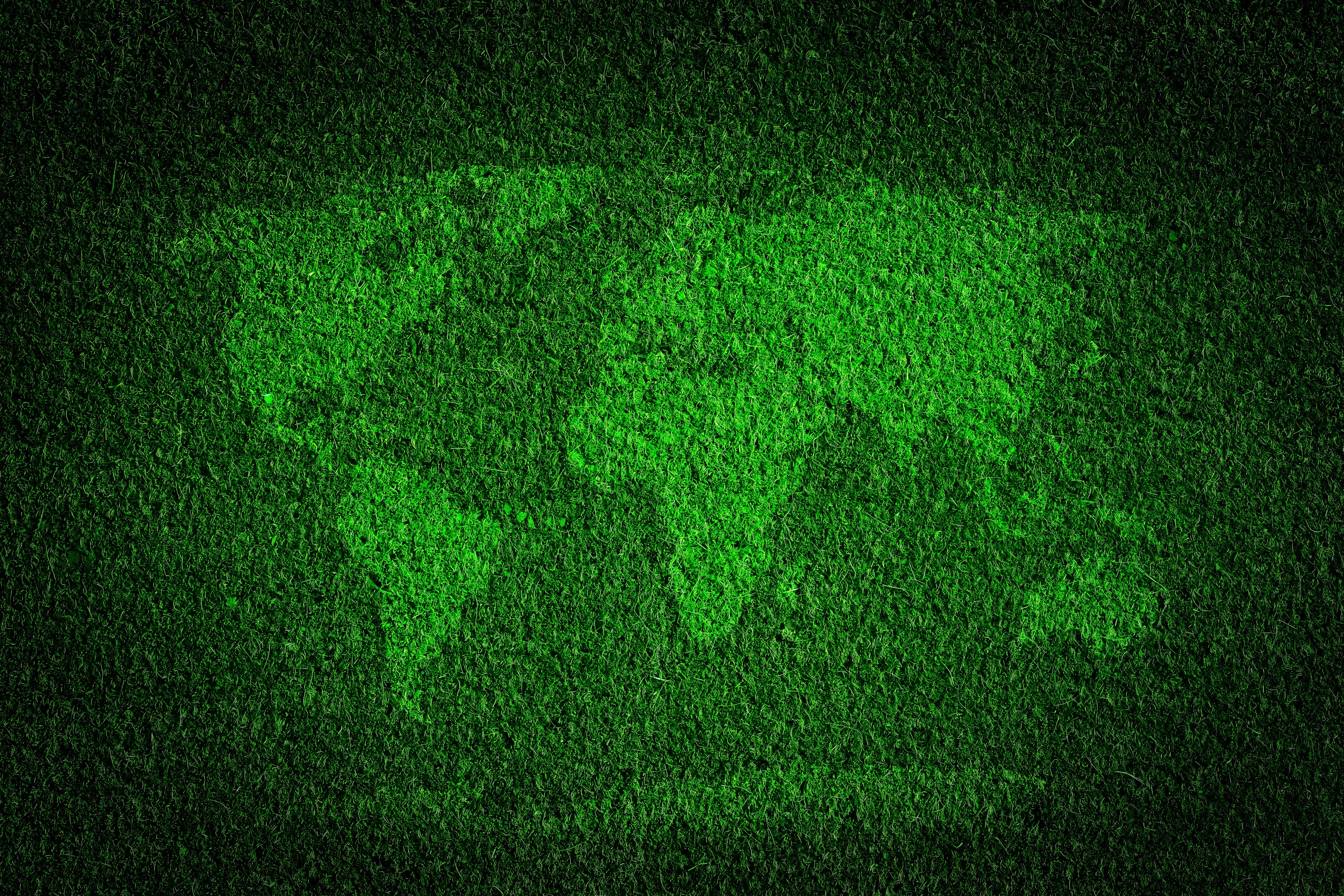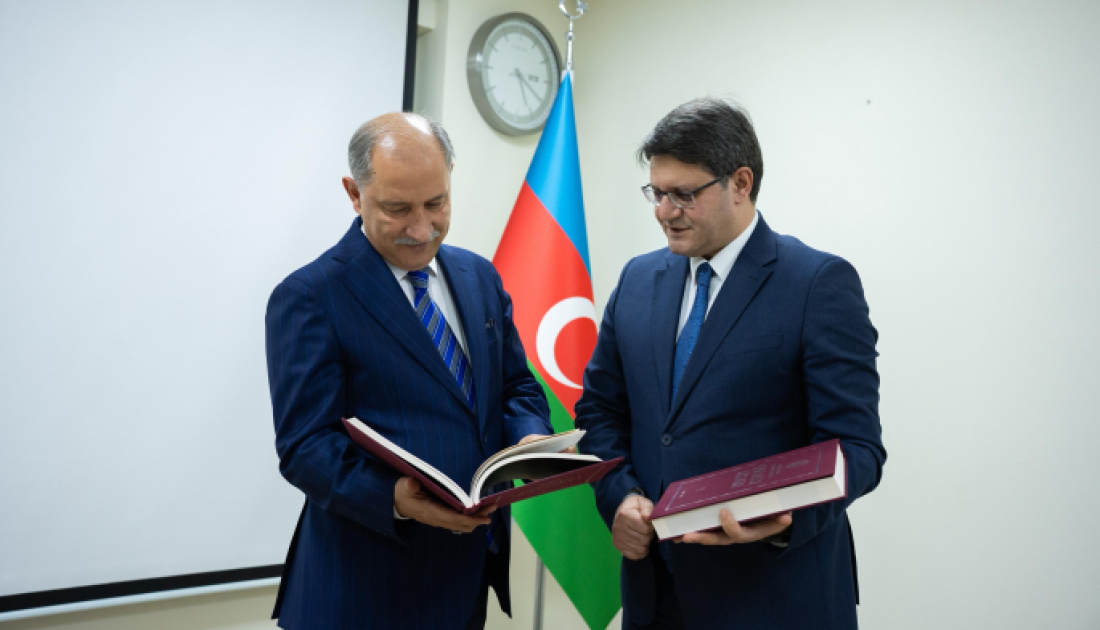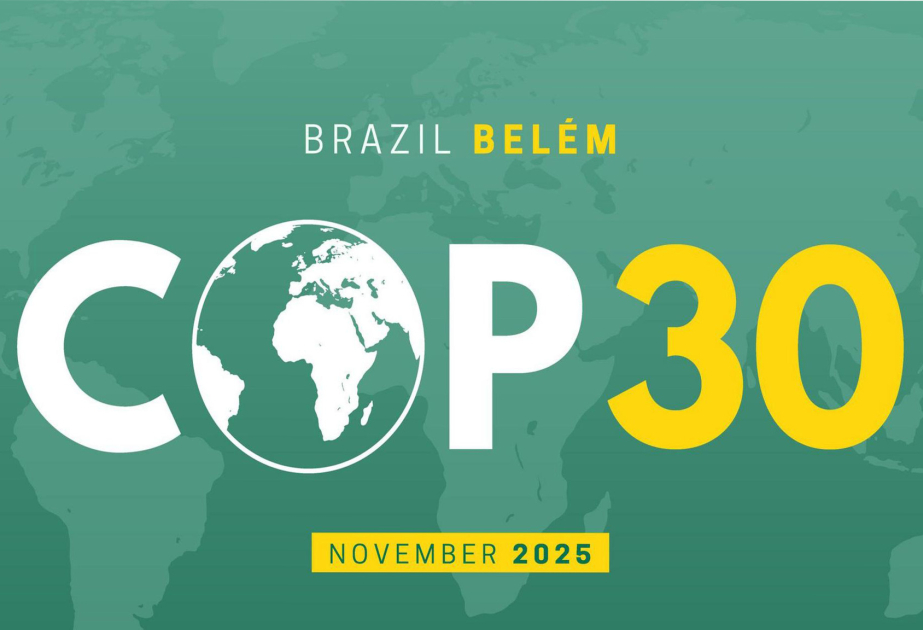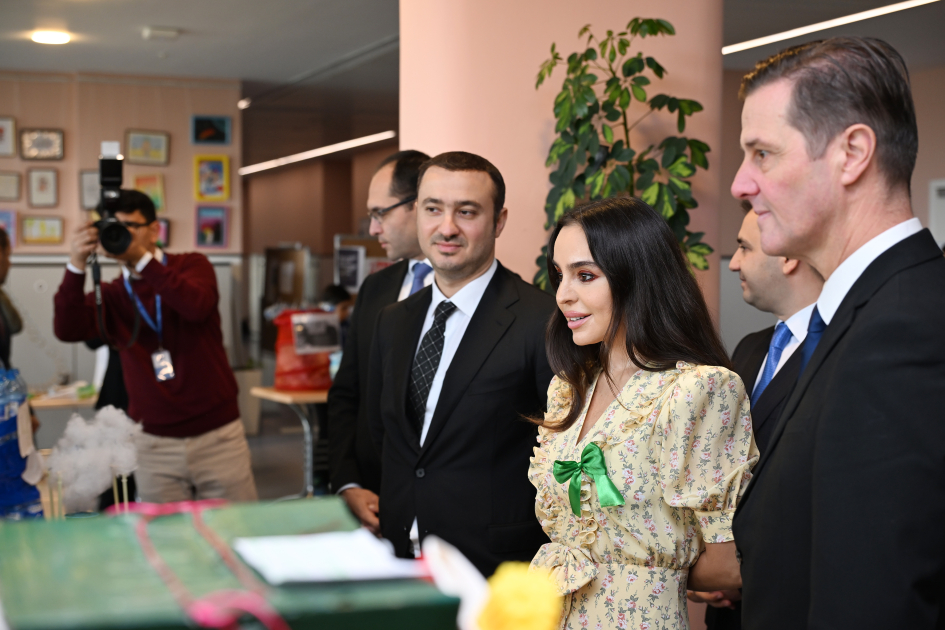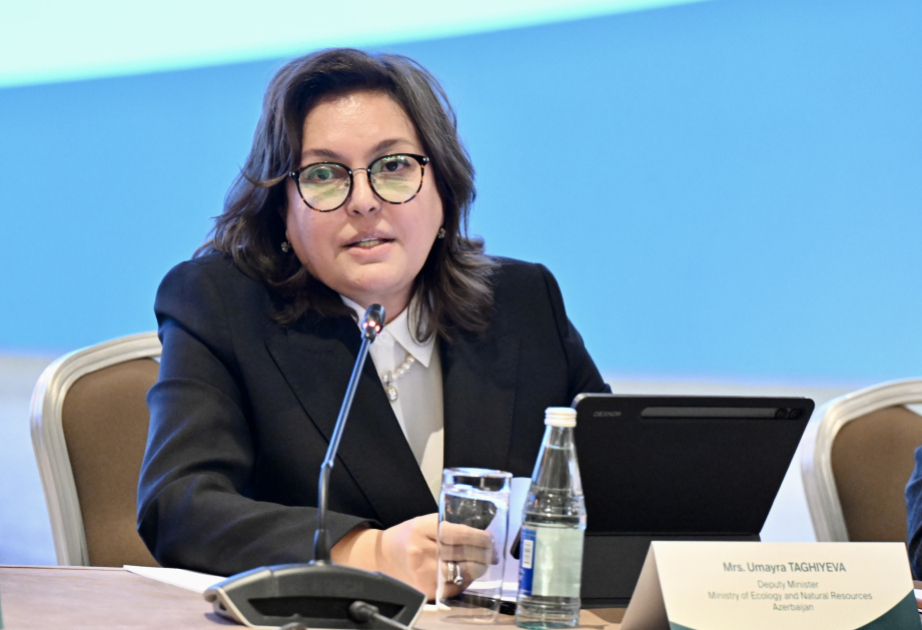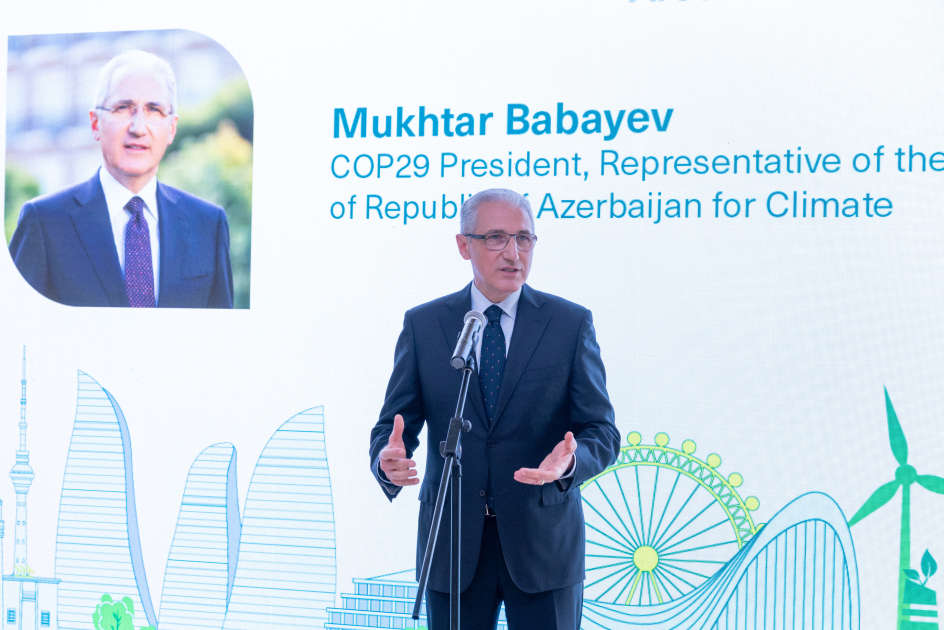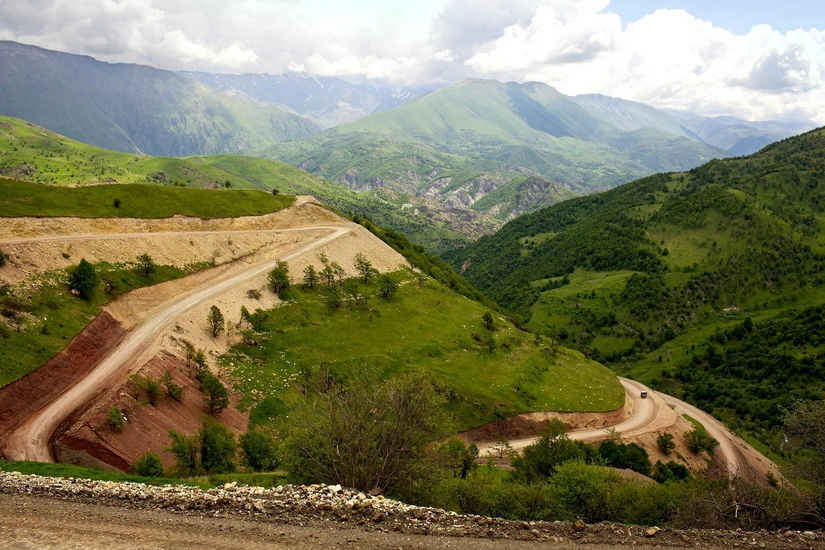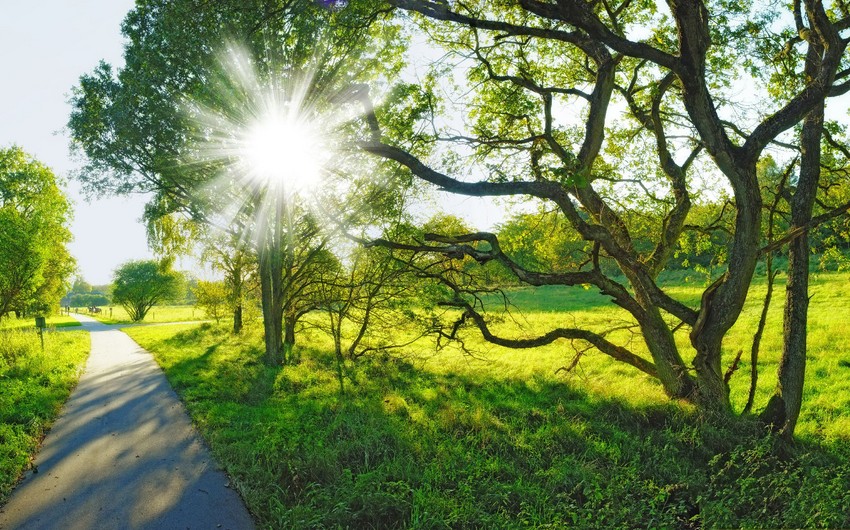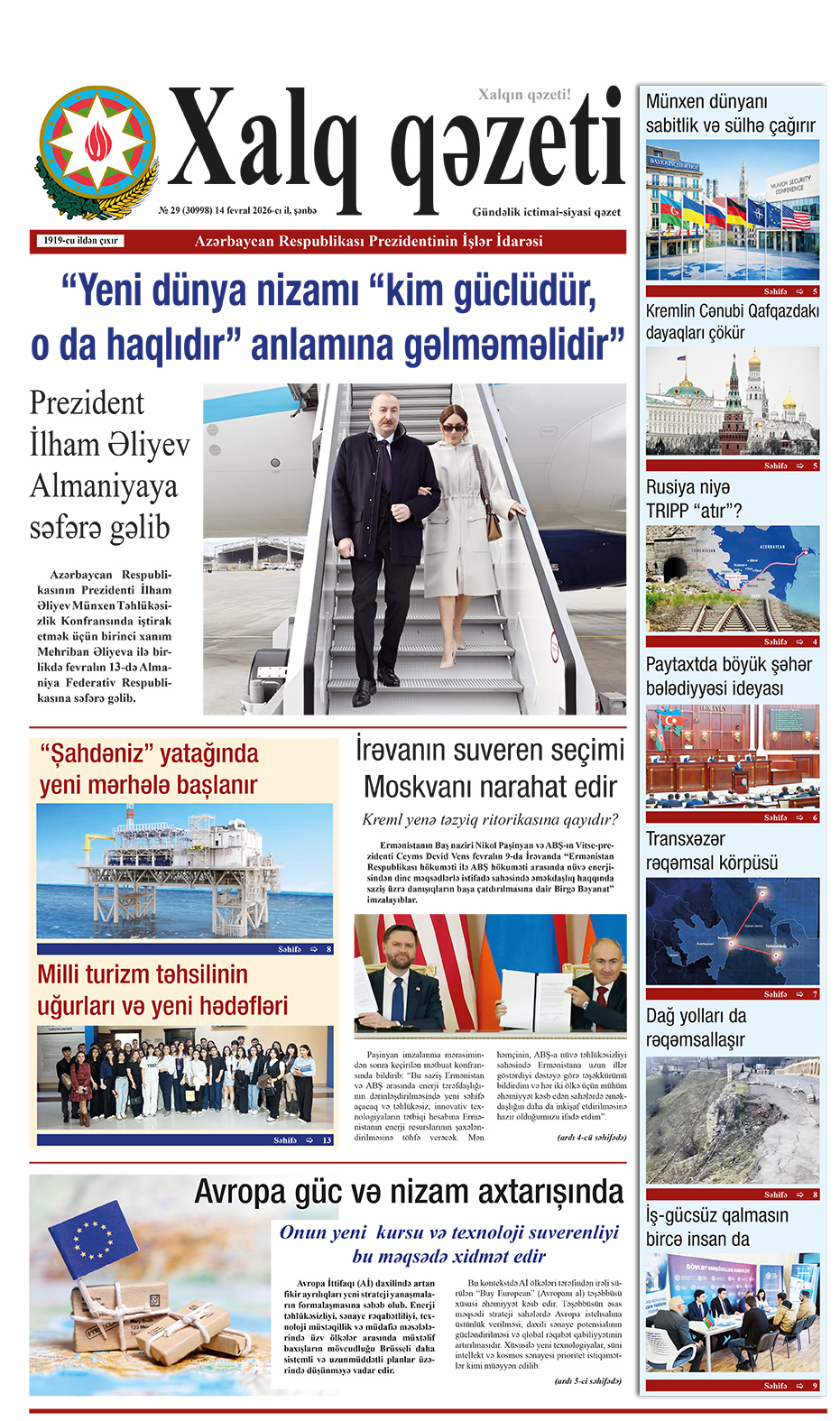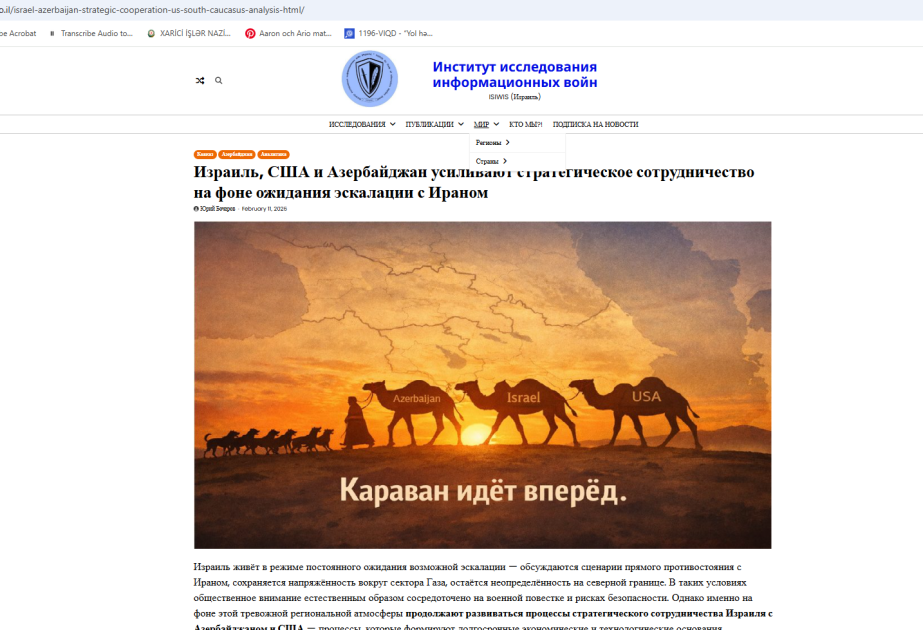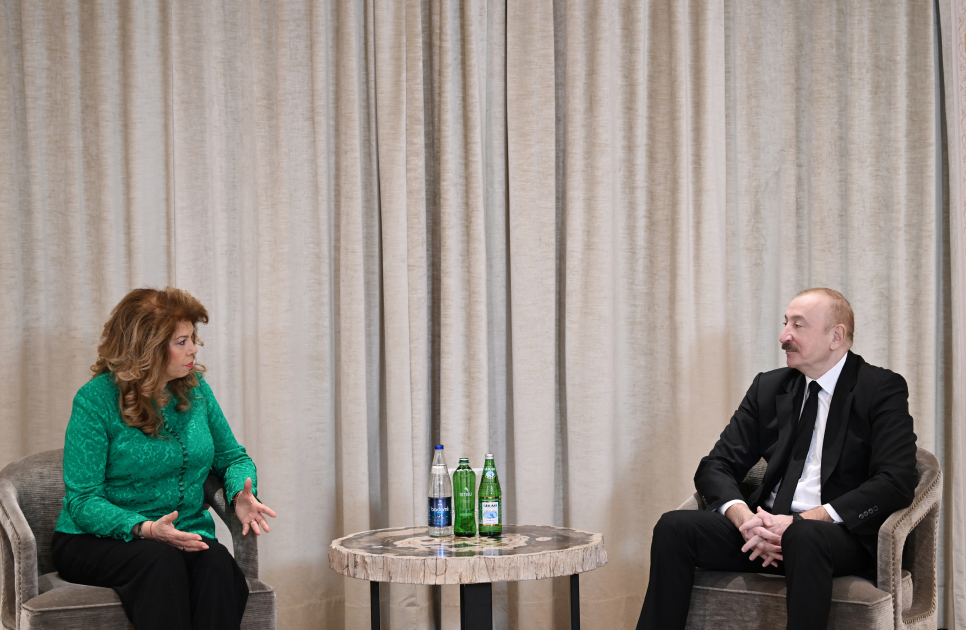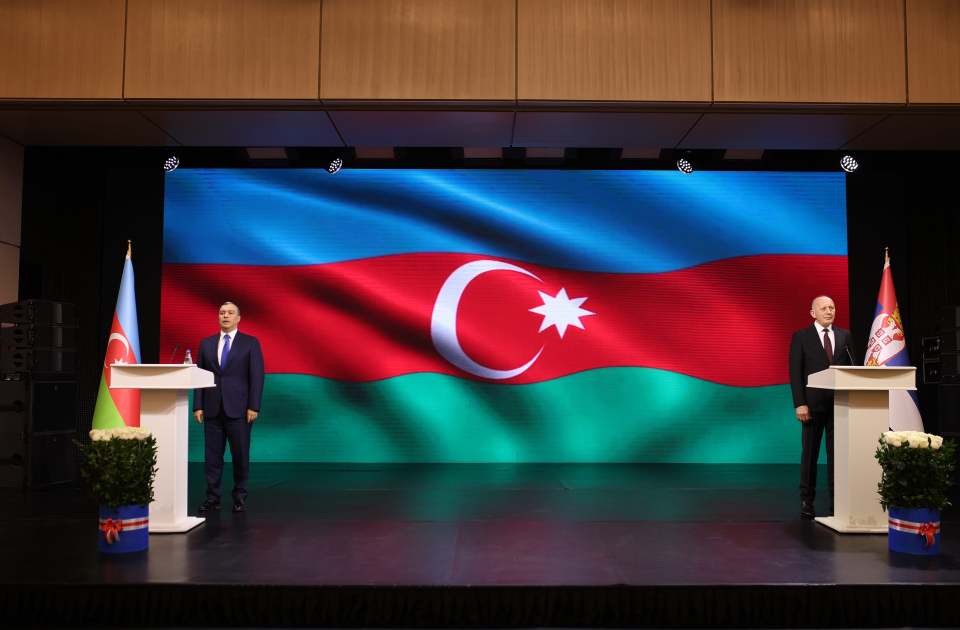Majority of the societies that have emerged from the past to the present day have had a multicultural structure. At least interaction of different societies with each other according to factors such as war, migration, trade created ground to the emergence of social models in which different cultures live together.
As the title of the article implies, there are three important concepts here; green world (biosphere), solidarity and multiculturalism. We will try to show content and nature of the COP29 event, including its multicultural-philosophical significance to be held in our country this year.
Firstly let’s have look at philosophical-ethical description of the biosphere (green world). Along with rapid technical development in the 20th century, dangerous problems have emerged due to the impact of world population growth, urbanization and industrialization on nature. Since the 17th century, the wish to "dominate nature" in the history of philosophy and science became a wish of taking control of nature with the industrialization revolution. Consequently, a human race that considers itself the "lord" of nature accepted the idea of the necessity of reconciliation with nature. Form this point of view, a concept that modern philosophers emphasize more is ideology of “organic” world.
According to them, we have a world and whatever happens to it will happen to us. Therefore, human himself will suffer as a result of human neglect of the environment. Environmental consciousness shows us that humans are organized "bio-citizens" rather than conquerors, members of a living society. This concept recognizes that humans do not have a privileged position in ecosystems. Aldo Leopold, who influenced the development of eco-centered ethics with his research put forward the concept of "land ethics". Leopold's concept of land ethics is opposed to Locke's view that land is a commodity. Almost we can not consider land as an object, an inanimate being. This area is a source of energy which flows through an area that includes plants and animals. It is the most important issue in this context that man sees himself as a part of nature and not as a ruler.
The second is a concept of solidarity; people throughout history benefited more when they come to a common denominator, solidarity and reconciliation and in this context, the development of civilizations has become inevitable. The important point here is that the road to solidarity passes through diversity and difference. Ancient Greek philosopher Plato claimed that the development of society rests on solidarity. But according to his pupil Aristotle, the development of the society refers to the differences, making multidirectional development a necessity. In this context, differences and reconciliation based on these differences forms a basis of society and cultures.
According to H.G. Gadamer, a famous German philosopher of the 20th century, the idea of ”fusion of horizons" based on understanding in human relations within society forms the basis of multiculturalism. In this context, multiculturalism which is the third concept considered in the article is directly related to the concept of solidarity. Namely multiculturalism (multiculturalism) refers to a society in which there are structures representing more than one cultural group and in this context, it contains identities, values, and symbols that are both concrete and abstract. According to the famous multiculturalism researcher Bikhu Parekh, "a multicultural society is a society that incorporates two or more cultural communities".
As we know, 2024 was declared the "Year of Solidarity for the Green World" in our country by the order of President Ilham Aliyev. Cop29 of the UN - "Conference of the Parties" indicates that the Conference of the Parties is the 29th in number. Azerbaijan already declared its intention to Increase the renewable energy potential to 30 percent by 2030 and diversify the existing energy system. President Ilham Aliyev declared lands freed from occupation as “Green energy” zone and action plan for 2022-2026 was approved. It is planned to turn these areas into "Net zero emission" zones by 2050.
In general, the goal of COP events is to make progress towards limiting global carbon dioxide (CO2) levels to 1.5 degrees Celsius, as required by the Paris Agreement, at pre-industrial levels. In this context, we should state that, the holding of such a global event related to climate change is to ensure that local peoples and communities live in their homelands by preventing migration and emigration. The platform of local nations and communities is one of the 17 platforms under the United Nations Framework Convention on Climate Change (UNFCCC). From other hand, A fund is established for financial assistance to support developed and developing countries adapt and mitigate the effects of climate change. It’s also an initiate to prevent purposeless migration.
The platform of local communities and nations is open and inclusive space. It brings people and their experiences together to build a climate-resilient world. Climate change is a common concern of mankind in accordance with The Paris Agreement and the COP21 decision. While taking action to address climate change, among other things, respect for and promotion of relevant obligations for the rights of local peoples and communities should also be considered. More specifically, representing a heterogeneous group of people living in the same country and having common interests, local communities include communities that have collective knowledge and whose livelihoods are closely linked to a common ecosystem or natural resource. They were able to preserve their different ethno-cultural identities within the societies in which they live.
The UN Framework Convention on Climate Change (UNFCCC) Katowice expert committee published a new report on June 28 of this year. The report examines both opportunities and risks for vulnerable groups, also emphasizes the importance of developing a more inclusive climate policy. The document specially underlines the necessity to strengthen the knowledge, technologies, practices and efforts of local communities and indigenous peoples to address and respond to climate change. Here, the Indigenous Communities and Indigenous Peoples Platform (LCIPP) promotes the exchange of advanced practices to apply traditional knowledge, traditional knowledge and local brain systems, as well as technologies and practices related to problem solving. It also aims to respond to climate change with people who have traditional knowledge, innovation and experience.
The report examines four key mitigation policies: carbon trading and energy efficiency, coal phasing out, renewable energy adoption and forest sector reforms. It analyzes the potential positive and negative impacts of each policy on various vulnerable groups, including women, local communities, local nations, youth, the elderly, children, the disabled and the poor. In this context, one of the main issues highlighted in the report is is the direction local communities and indigenous peoples can be negatively affected by renewable energy projects that disrupt traditional practices or displace them from their lands. Meanwhile, these communities can also benefit from renewable energy projects that provide access to clean energy and create economic opportunities.
Consequently we mention that, in general, when looking at the last COP events shows that climate change is bound to have fundamental effects on people's worldviews and paradigms. The inclusion of science, technological development, gender issues, etc. 17 platform topics at the COP28 event held in the United Arab Emirates-Dubai, as well as the creation of a platform for local peoples and local communities, has a special importance from the point of view of multiculturalism.
It shows that, at the same time, national minorities and communities at the global level are subjected to climate change and are forced to migrate. It leads to global chaos, disruption of the ecosystem. Preventing this will lead to the preservation of the ecosystem, referring to variety and difference and polyphony.
Dr. Rashad Ilyasov
Head of Analytics Department
Baku International Multiculturalism Center


